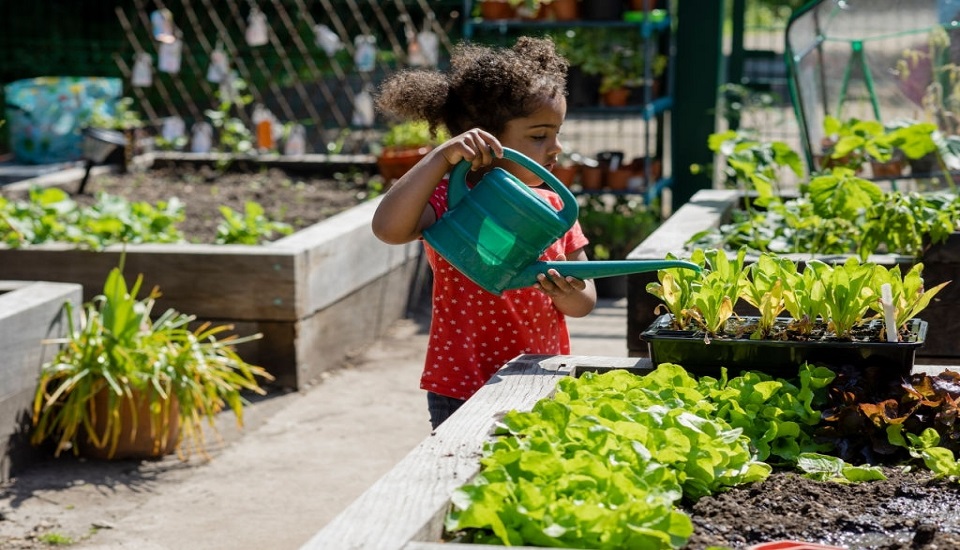Love for learning – comes naturally. Children by nature are curious and always in the mood to discover. Our role as early childhood educators is to know how we can tap into their innate sense of exploration to help them connect with what they learn. Young learners know how to dig into the smallest observation, object, or surprise and eventually turn it into a learning experience. Their curiosity leads them to know about themselves, their surrounding environment around them including people.
The early age is an essential part of human development. This is the phase that determines individual health, learning, and behavior for the rest of life. The gateway of teaching children is to answer their questions when they are keen on learning. that is perhaps the most potent time to get through them. And Our only goal is to provide an appropriate learning space to build their understanding and skills that give them the confidence in facing future challenges.
What preschool and kindergarten teachers can do to Nurture 'Love of Learning in Children!
Fuel their interest
Children are driven towards discovery and exploration. But there is one thing educators must consider is that each child is different and so is their interest in the various subject matter. which is why knowing your young learners need to be the first step. With this teachers can create a learning experience that is meaningful to children to ensure they are naturally engaged in the lesson. While you incorporate this technique, bear in mind to give options to children, it can bring effectivity in the classroom. There is so much a teacher can do to help children explore and discover their experience by creating an environment that reflects their interests, learning styles, background, and cultural aspect of where they belong.
Provide exposer
The more children learn from practical situations, the more they understand the realistic aspect of learning topics. Especially for young kids’ hands-on learning can be applicable to the lesson, when children move, touch, and experience, they learn better. This way they can enjoy the learning process while they are learning the academic curriculum. Rather than focusing on the textbooks, or memorization, kids learn organically with experiments and experience and thus their imagination takes over the learning. It can be done in various ways, namely, through interaction, movement, tactile, visual, and audio experience.
Be the observer
With children, more than the planning part, observing them and assisting them in developing their skills makes more sense than trying to deliver rigid lessons. Take time to prep the learning environment, encourage them, and provide them a safe space to make mistakes. Your role in the classroom can be more of facilitating the learning, listening to your students, and providing tools to enhance their skills. Furthermore, be a compassionate teacher, inspire them, welcome their original ideas, and also be sensitive to individual abilities. Once you are allowed to do that your learner will feel free to be expressive without inhibition.
Final words
The way we can nudge our children's hearts to grow an innate love for learning is to know their ways of seeing the world. It is the best way to approach teaching and learning for young ones. And to accomplish this early childhood educators can create a learning space with love, safety, and stability in which learners can flourish and grow.Our job as an educator is not to shape our children’s minds but to allow them in becoming what they are meant to be. With Early Years Care and Education courses preschool and kindergarten teachers can imbibe organic learning in children where teachers can listen to the curious questions, help them find the answers, and allow them to find love of learning.
Written By : Soma Pillai
